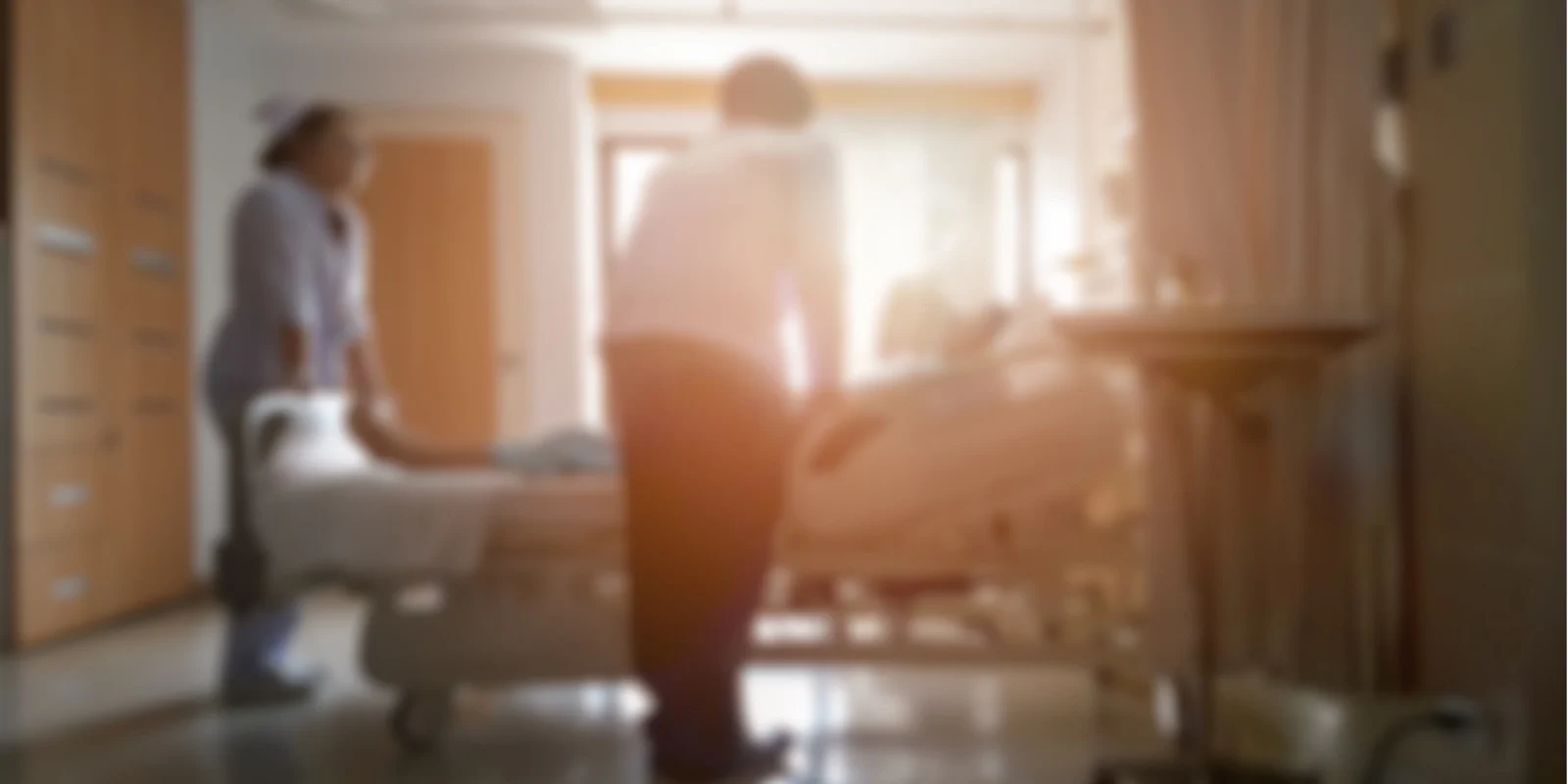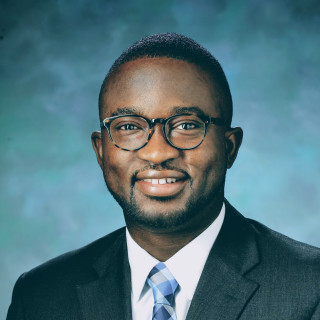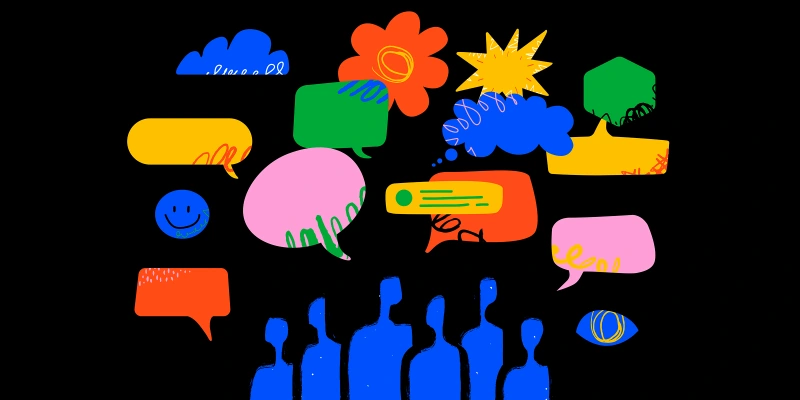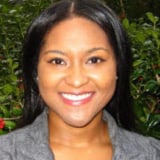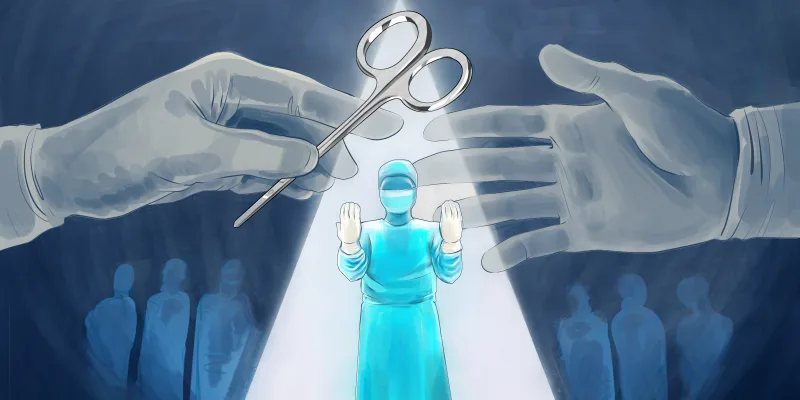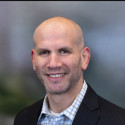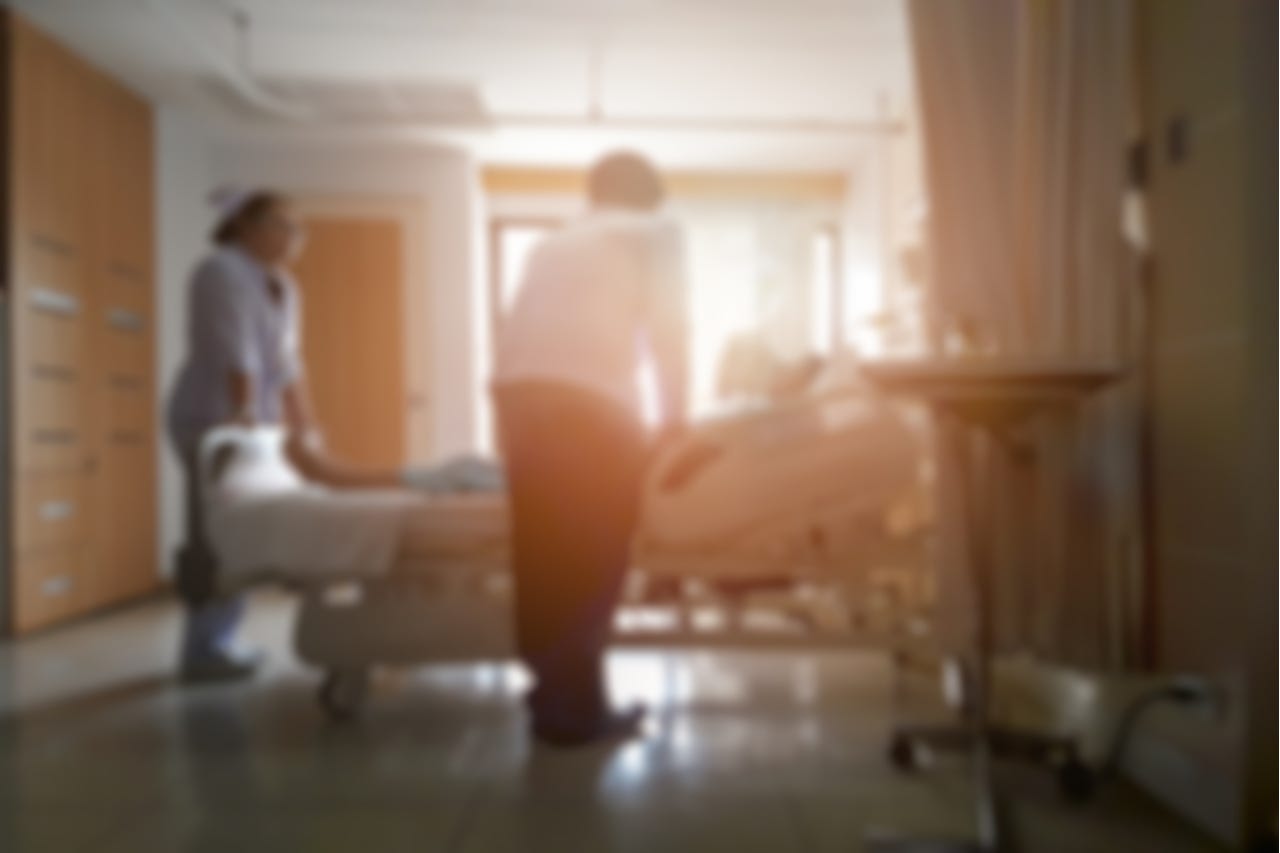
Full Circle
They came from all corners of the globe to bid him farewell. He looked cachectic, his frail form interrupted by swelling in his abdomen and legs, a result of end stage pancreatic cancer. It was Dr. Yeat’s last week in the hospital before being transferred to a nearby hospice. He was now on morphine and despite severe fatigue and difficulty breathing, he always managed a smile. He would sit up, head propped against the hospital pillow as he received those who had come to pay him homage.
Some of his visitors were former colleagues; others were friends, previous medical trainees and mentees. Amidst moments of laughter, crying, and sober reflection, each recounted one anecdote after another of their encounters with Dr. Yeat at some point in their long medical training. One common thread emerged from their stories: Dr. Yeat was a revered clinician and teacher; he was matchless in his boundless medical knowledge, compassionate and thoughtful, with unrivaled bedside manner. His affability endeared him to trainees, hospital staff, and patients. But above all else, he was loved.
A reputable internist, he had served as the chair of the medicine department 30 years ago, at the same medical center where he was now receiving care. I met him on a palliative care rotation in my third year of medical school. Although Dr. Yeat was slowly wasting away, there was an air of solemnity about him. I’m not sure when exactly it dawned on me, but the spectacle of one protégé after another genuflecting at his bedside or squeezing his hands tightly in a bespoken gesture of gratitude left an indelible impression on me.
It was my first experience caring for a dying patient who also happened to be a physician. On morning rounds, Dr. Yeat would listen intently as my attending made some teaching point or other at the bedside. Then he would ask simple questions that seemed rather like common medical knowledge. I found it curious that he usually deferred to the care team and rarely interfered with the treatment plan, except to ask for the rationale behind medical decisions. Each day before leaving for home, I would stop by his bedside and he would ask me what I learned that day. Even as he was nearing the end, he showed that he cared.
Some physicians who become patients participate extensively in decisions about their care, sometimes subverting the team’s care plan. Others may be subject to VIP syndrome, where they receive obsequious or preferential treatment. The desire to respect a physician’s expertise — due to our inclination to apply the golden rule when it’s one of our own — further complicates matters and makes caring for sick doctors even more challenging.
The Entanglement of Self-Doctoring
As physicians, caring for a dying doctor reminds us of our own mortality, and we are more likely to identify acutely with their suffering. A sacred transmutation occurs when a physician becomes the patient: he arrives as a new citizen in the kingdom of the unwell with first-hand experience of a patient’s plight in the medical system. In the face of terminal illness, negotiating between stewardship by the care team versus allowing a semblance of control by the sick physician highlights a real tension.
To what degree should we make room for self-doctoring? For any sick patient, having a degree of control helps temper the anxiety of the unknown. For sick physicians — acculturated to strive for perfectionism during medical training — control appears necessary for survival. While care of any terminally ill patient has its own unique challenges, care of the dying physician engenders an internal conflict of detangling the personal versus the professional self for both the caring physician and the sick physician.
Since providing care to others appears to be a physician’s default modus operandi, it may feel unnatural to be at the receiving end of care. In the context of the terminally ill physician, establishing clear end-of-life goals and forming a therapeutic partnership may help negotiate this difficult scenario. Although seldom addressed in medical training, care of the sick or dying physician reminds us of our own fragility and humanity. The illogical arbitrariness of illness is a humbling reminder that without notice, any of us could be seeking care for a terminal condition rather than providing it.
Within the framework of an ongoing national dialogue about the rise in physician suicides, it may behoove medical and clinician educators to model for our trainees how best to care for each other. How do we support a colleague facing a disabling condition or terminal illness? How do we engender a spirit of equanimity in our training environments as well as within our medical trainees?
Acknowledging our own vulnerability and modeling for trainees how to seek help are critical first steps. Incorporating conversations about strategies to deal with fear and anxiety during training may help equip us in managing difficult situations when we or our colleagues experience personal suffering, disabling or terminal illness.
Lessons in Love
All trainees can point to an experience in medicine that shaped their view of doctoring. Whether it involved surreal moments with patients on morning rounds, or an unforgettable procedure in the operating room, these life threads get woven into the narratives of our own medical journeys.
Which brings me to lessons from my encounter with Dr. Yeat. In a remarkable display of equipoise, Dr. Yeat allowed himself to be vulnerable, letting go of his professional identity and embracing the role of patient. Despite his poor prognosis, he gifted the care team with his calming presence. He asked questions where appropriate and together with the team, designed a care plan that aligned with his wishes. Even as a patient, he was the ultimate teacher at the bedside, showing us how best to establish a therapeutic bond in caring for a physician-patient.
It is no secret that for every great pupil, there is always a great teacher: Socrates for Plato; Anne Sullivan for Helen Keller. Following this logic, clinician teachers today beget the clinician teachers of tomorrow. In his lifetime, Dr. Yeat gave his all as a clinician teacher, leaving little shards of kindness in all of his trainees. It is only fitting that this love came back to him multiplied a thousand fold in his most vulnerable moments, on the other side of the stethoscope.
Witnessing the outpouring of love for Dr. Yeat at the end of his life really put things in perspective for me then, as a trainee: no matter the accomplishments of any physician, nothing beats the power of loving and being loved. I was filled with gratitude for all my teachers: for Mr. K — unparalleled in his enthusiasm for biology — who helped shape my early interest in the sciences in high school, and subsequently, my pursuit of medicine; for Prof. O, whose encouragement in my advanced college English literature class nurtured a passion for writing; and for Dr. D, from medical school, who remains the embodiment of an elegant physician, and modeled for me excellence in the teaching and practice of medicine.
Amongst laments about the many problems currently plaguing the medical profession are these unanswered questions: what makes good clinical teaching? Are our medical institutions doing a good job equipping trainees to become exemplary clinician teachers? While the science of teaching remains to be unraveled, the essence of the art of teaching appears to be love.
With love, Dr. Yeat brought out the best in all his trainees. He showed that beyond developing grit and resilience, we could all use a little bit of love. What if love drove how we treat and teach our trainees? There is no telling how many more Dr. Yeats we would produce, but rest assured, we would be establishing a legacy of love in medicine.
So what’s teaching got to do with love? “It’s love in its purest form…”
Charles A. Odonkor, MD, began his love affair with medicine at Yale, trained in Physiatry at Johns Hopkins, and is now a fellow at Stanford. He enjoys traveling, cooking and spending quality time with his wife. He is a Doximity Scholar, blogs at BiomedicalOdyssey and tweets @kcodonkorGH.
